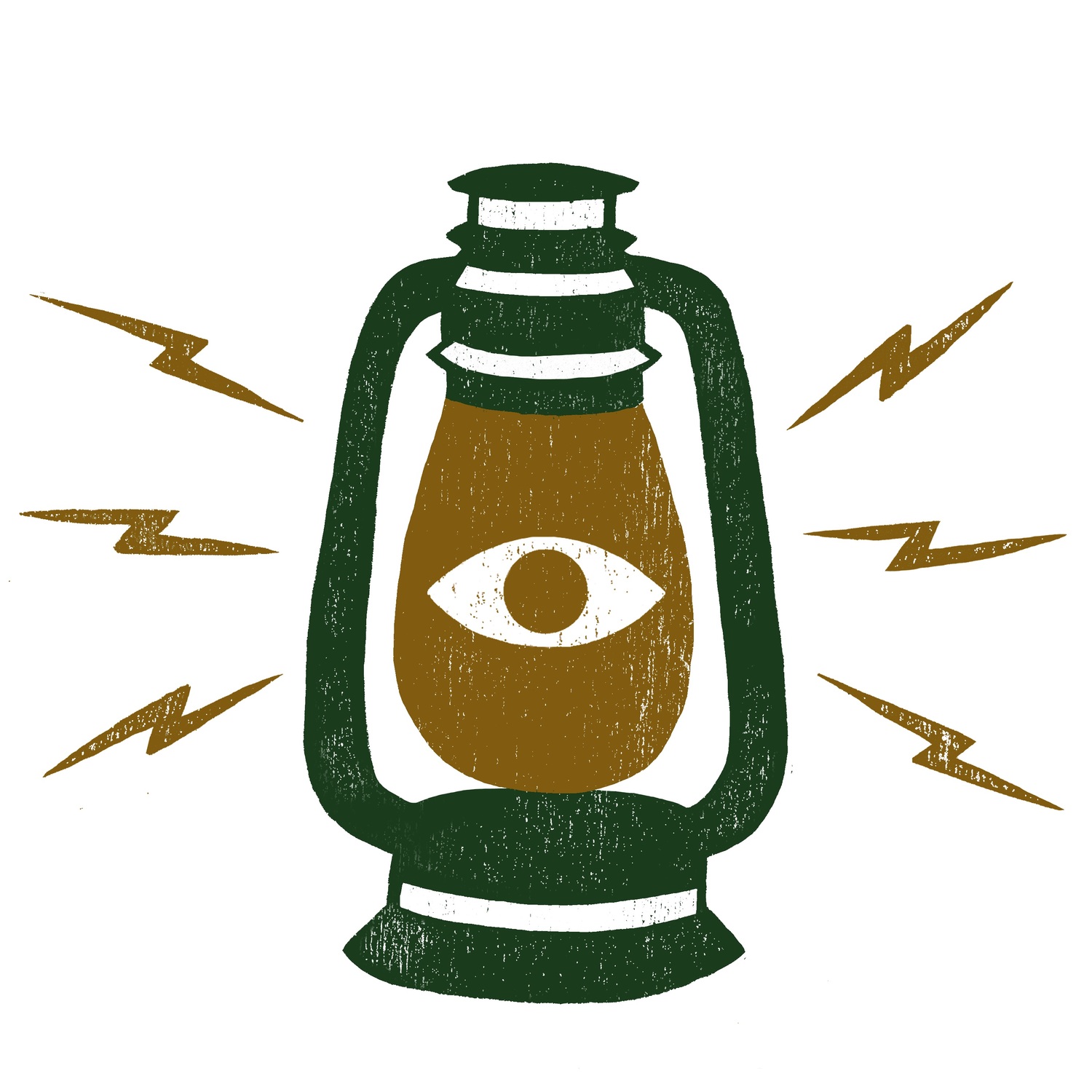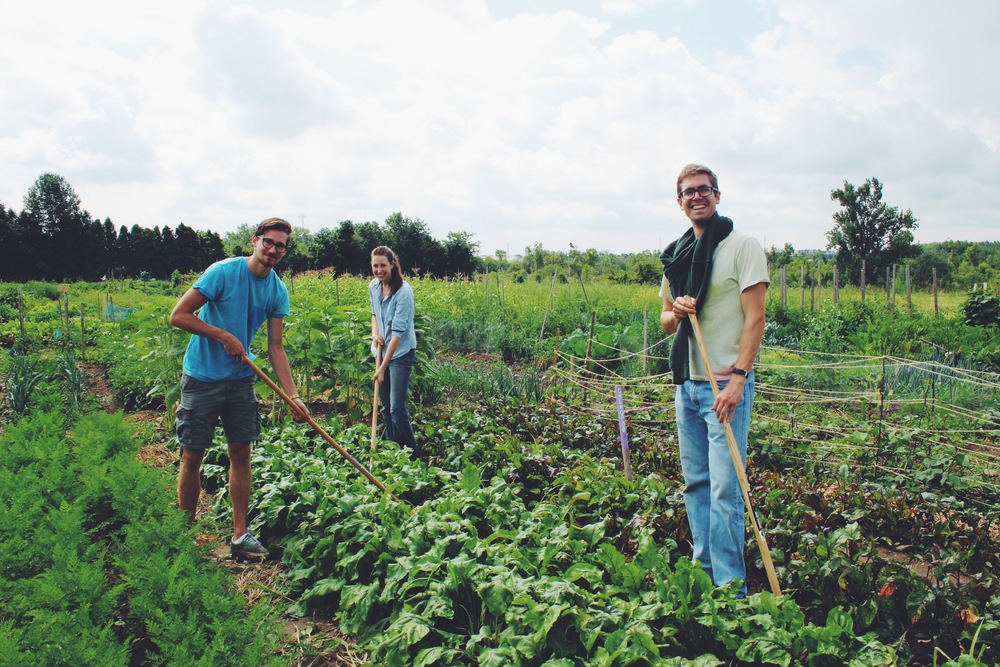A Clinic that Cares: Affordable Acupuncture Plus
If you have chronic pain, you’ve probably tried every recommendation you’ve ever been given by a doctor, family friend or stranger on the bus, including but not limited to visiting:
A chiropractor
A massage therapist
An acupuncturist
An osteopath
A physiotherapist
An occupational therapist
A reiki healer
Maybe even a hypnotist
I know this because I’m someone who has lived with chronic pain for over 20 years and I’ve tried almost every recommendation I’ve ever read or heard. It’s normal to want to live pain free and try different modalities until you find something that works – this costs time, energy and money that many living in pain do not have access to.
For me, I’ve found osteopathy and acupuncture help me the most. With the help of the trusted professionals I have found, I’ve been able to experience hours, days and more recently, whole weeks where I am pain free. The issue I’ve found over the years, is the cost of maintenance. Manual therapies can cost anywhere from $50 to $150 a session after taxes. With chronic pain or a chronic illness, you may need to work with more than one practitioner at a time; you may need weekly appointments to manage your pain. If you are like me and do not have workplace health insurance, you will have to pay out of pocket for the fees.
Recently, a local community health clinic opened in my hometown of Guelph. They offer Massage Therapy, Reflexology, Acupuncture and Reiki at sliding scale fees. This allows folks that could not normally access care to afford treatment. The clinic is out of the Shelldale Centre in Guelph.
Worries I initially had about attending the Clinic (that have since been dispelled):
I don’t qualify to attend the clinic, I’m not low income – I have a steady income but still struggle to cover my out-of-pocket medical expenses because of my disability and the amount of support my body needs to function. I was worried that I would be taking a “spot” away from a low-income patient. After a couple weeks of hesitation, I booked an appointment. The sliding scale fees provide flexibility but most importantly accessibility. In the past few months, I’ve been able to get treatment that I would have otherwise never been able to afford. I have been feeling so good physically as a result and am seeing the benefits of sustained treatment. On days when I can afford more, I pay more.
I was worried it would be strange or greedy if I booked more than one appointment. I wanted to try hand reflexology to see if it would provide any relief to the rheumatoid arthritis I have in my hands. I had been seeing an acupuncturist at the clinic for a few weeks and was worried it would be greedy to book with more than one practitioner. Turns out this worry was unfounded! Many clients book and see multiple practitioners at the clinic.
I wanted to share about my experience at the clinic because I’m so grateful for the care I’ve received. I’m hoping that sharing about my experience will encourage others with chronic pain and chronic illness to try it out, and hopefully find some relief.
Whenever I meet another person who has a chronic health condition, like me, I never say “I hope you feel better.” When I was a kid on heavy pain meds and someone would say that to me, it always made me feel worse. “What if I never get better?” I would think. So many chronic conditions have no cure, no end in sight. Relief, however, is something I can believe in. Everyone deserves relief from pain, even if it’s just a few days.
For more information on Affordable Acupuncture Plus, visit their website here: affordableacupuncture.ca







